Space Exploration
Space: “the final frontier”, as Captain James Tiberius Kirk and Captain Jean-Luc Picard were used to saying at the beginning of each episode of the TV series Star Trek, is now becoming a reality. Advancements in technology have allowed humankind to prepare to explore strange new worlds and to seek out new life and new civilizations. However, because we are at the very beginning of this new exploration era, we need to evaluate the pros and cons of such exploration and we should apply new discoveries to intervene and preserve our existence on this planet and its environment because Earth remains our Home though we will colonize the moon and other planets such as Mars. How much do you know about this theme and the plans about reaching and establishing a presence in space and on other planets? Test your knowledge with the following 12 questions.
NOTE: once you choose an answer, you can’t change it!
 What is the main reason behind space colonization?
What is the main reason behind space colonization?

Space colonies are a reasonable outcome of the current race to space and for many other reasons among them economic reasons: in fact the colonization of space could serve to find and provide the resources for the needs of our home planet such as for example clean energy (using solar panels to collect sun’s energy and convert it into energy). Space colonies might host an expanded ecological niche for our species, and also could provide new homelands like the colonies in the 15th century when Columbus discovered America, for an expansion of humanity out of the natural boundaries of our planet.
 The race to space is now feasible thanks to:
The race to space is now feasible thanks to:

The space race has now become more feasible not only thanks to the great advances in astrophysics and astronautics, but also to rocket propulsion and the powerful investments and interests of billionaires and private visionaries such as Elon Musk, Jeff Bezos and Richard Branson, even though their approach to this Sector is based on future economic interests that may soon materialise with the so-called “space tourism”. Not to forget that commercial space activity is expected to exponentially grow in the next future.
 The experience of the International Space Station (ISS) has provided us with valuable information and parameters for future missions of humans in space.
The experience of the International Space Station (ISS) has provided us with valuable information and parameters for future missions of humans in space.

The International Space Station (ISS) has been of fundamental importance to accumulate experience and a wealth of data useful to establish parameters for keeping humans healthy for long periods in space thanks to the teams of astronauts, scientists and medical professionals who have lived on the ISS in rotation.
 What item a space colony should absolutely have in order to grant life conditions to its inhabitants?
What item a space colony should absolutely have in order to grant life conditions to its inhabitants?
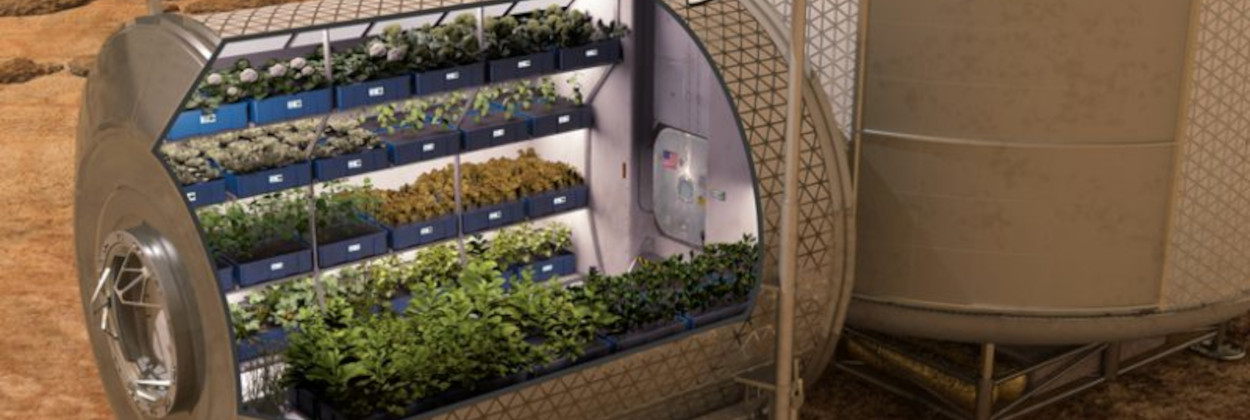
A space colony in order to host a permanent group of colonists must have a life support system capable of replenishing the colonists’ air, and water and allowing the production of food, but also must have enough radiation-shielding to protect inhabitants from cosmic and sun radiation. But these two items are not sufficient, in fact a space colony must also provide sufficient artificial gravity to permit its inhabitants to live on the colony on a permanent basis without bone-calcium loss or other harmful effects caused by the prolonged exposure to microgravity.
 One of the main differences between living on Earth and living in a space colony is that on a space colony:
One of the main differences between living on Earth and living in a space colony is that on a space colony:
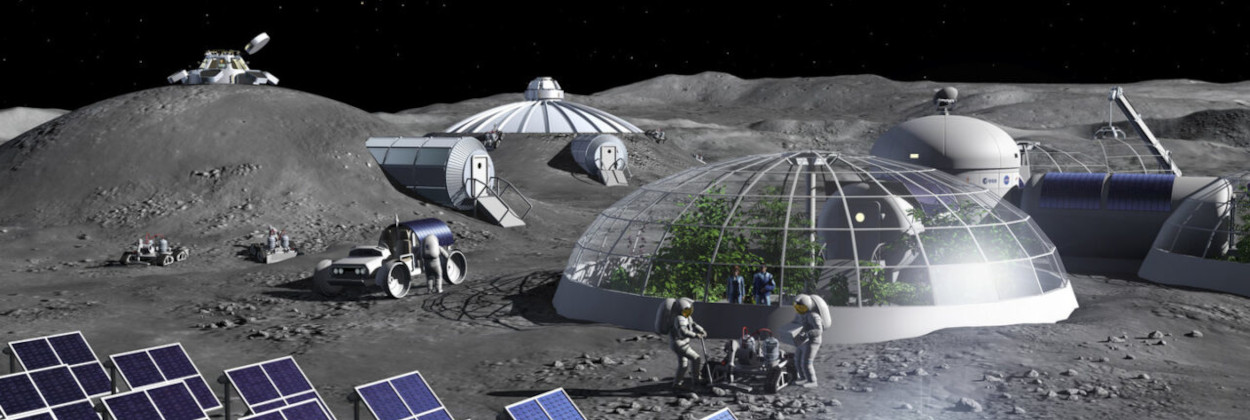
Long-term habitation of a space colony will demand extremely efficient resource management of essential elements such as water, air, but also organic and inorganic waste, and almost everything will be recycled. Scientists and engineers will have to approach the challenge of recycling whatever can be recycled with an eye toward 100 percent solutions. Recycling will be an important part of a colony functioning.
 What is the suggested number of inhabitants for a space colony?
What is the suggested number of inhabitants for a space colony?

A space colony should have enough inhabitants to grant the smooth functioning of the colony and all the tasks the colony shall be assigned to perform. A precise number depends on the scope of the space settlement. However in order to grant the perpetuation of the human species on a space colony it is suggested that a population between 20.000 and 40.000 individuals. This number in fact would maintain good health over five generations.
 Is it true that the US Space Agency (known by the acronym NASA) is planning to build a space station on the Moon to help us reach the planet Mars?
Is it true that the US Space Agency (known by the acronym NASA) is planning to build a space station on the Moon to help us reach the planet Mars?
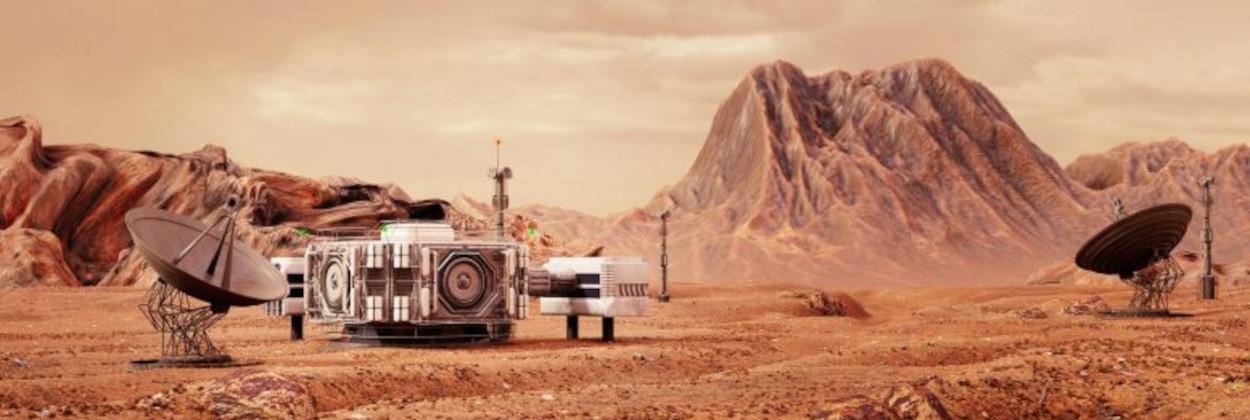
NASA under the “Artemis” Program is seeking to return to the Moon, in fact it would be a perfect base from which to establish a follow-up program to travel to Mars. The US space agency is working with commercial companies to develop human landers needed to deliver the astronauts to the Moon. The benefit of establishing a permanent space station on the Moon would be to test new equipment and tools, such as, for example, human habitats and life support systems, which are also needed to reach and stay on the planet Mars.
 NASA has discovered ice water on the surface of the moon. Why is this resource so important for the colonization on the Moon?
NASA has discovered ice water on the surface of the moon. Why is this resource so important for the colonization on the Moon?

The discovery of ice water on the Moon represents an important first step to plan an human permanent settlement on the Moon. The elements such as hydrogen and oxygen, which make up frozen water, are very useful if not essential because, if used correctly, they could be used to provide breathable air and rocket fuel. Technology will help with this transformation, however it will be necessary to build dedicated facilities on the moon nearby these sources.
 NASA planned to build a moon base with its “Artemis” Program starting from 2024. What are the main challenges?
NASA planned to build a moon base with its “Artemis” Program starting from 2024. What are the main challenges?

“Artemis” is the name NASA has chosen for its project involving the lunar settlement that will serve as a space base for further future human space exploration. A new spacecraft will have to be built to transport astronauts from the so-called “gateway” (orbiting the moon) to the surface of the moon itself, and the name chosen for this new spacecraft is “lunar lander”. The settlement must be located near ice water sources to extract oxygen and hydrogen, and the base must be located in a site where constant sunlight can be harvested in order to generate energy for the functioning of the base itself.
 Can the many challenges that our Planet is already facing and will face in the near future be supported by the space technologies that humans are already developing today?
Can the many challenges that our Planet is already facing and will face in the near future be supported by the space technologies that humans are already developing today?
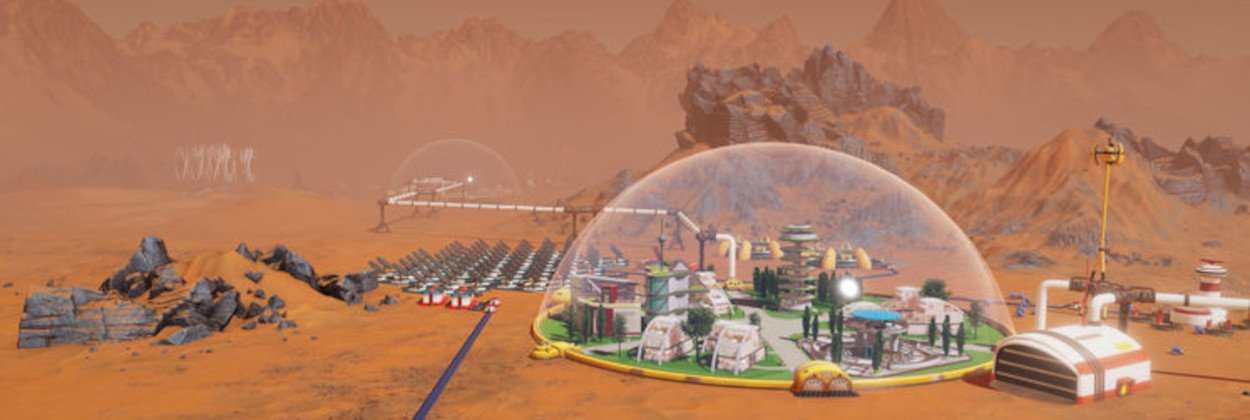
Development of space technologies has already benefited Earth and its inhabitants in many ways: two examples are communications and Earth observation with satellites to observe climate change (satellites can monitor greenhouse gases) and the formation of extreme weather events. It is now possible to launch the alarm and have people prepared for a hurricane for example. GPS is another example: GPS navigation thanks to the satellites, reduces fuel use on land, sea and in the air by up to 15 to 21 percent. And again solar photovoltaic systems, which were first used by NASA on projects like the International Space Station, have produced massive improvements in solar clean energy production.
 Does a treaty exist to regulate space exploration?
Does a treaty exist to regulate space exploration?
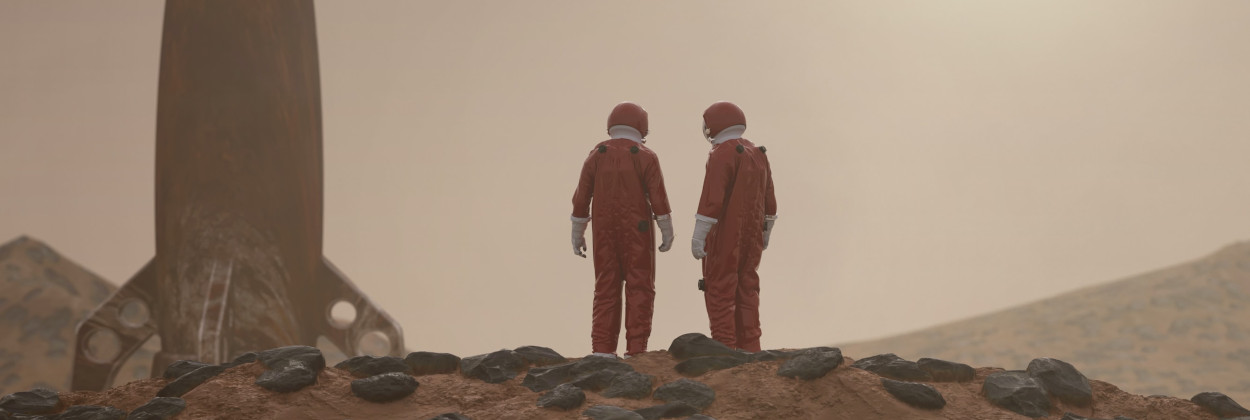
A targeted series of legislative acts began to regulate space exploration. First among them is the (i) outer space treaty (known as: Treaty on Principles Governing the Activities of States in the Exploration and Use of Outer Atmospheric Space); subsequently, in 1968, the (ii) rescue agreement (formally titled in: Rescue Agreement of Astronauts and the Return of Astronauts and the Return of Objects Launched into Outer Space); then we have (iii) the 1972 convention on space liability (known as: Convention on International Liability for Damage Caused by Space Objects); then, in 1975, the (iv) convention on the registration of objects launched in orbit (formally: Convention on the Registration of Objects Launched into Outer Space); and last but not least, the (v) moon treaty of 1979 (formally known as: Agreement Regulating the Activities of States on the Moon and Other Celestial Bodies). It is expected that this specific framework will be improved and expanded with further advances in technology and subsequent exploration in outer space.
 Space colonies and their inhabitants might evolve and create their own cultures and give birth to new species.
Space colonies and their inhabitants might evolve and create their own cultures and give birth to new species.
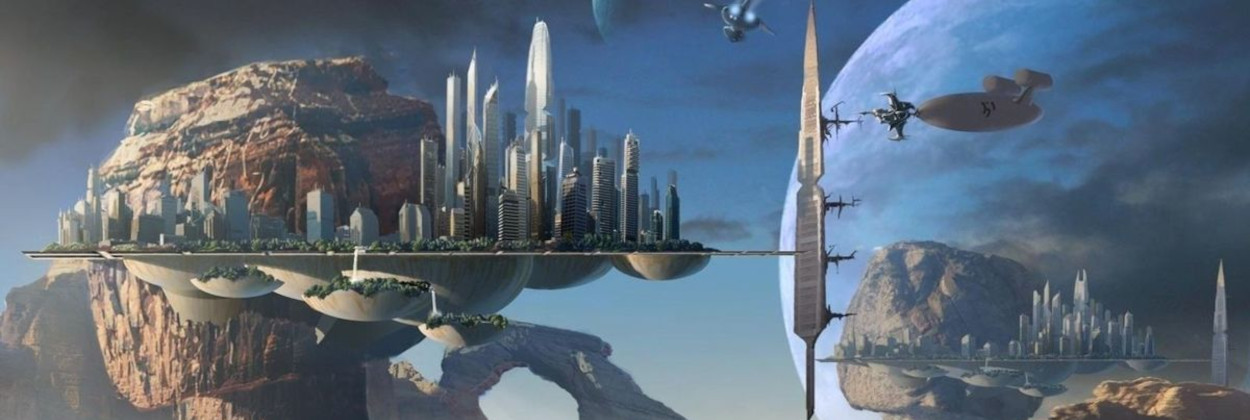
Scientists have formulated hypotheses that isolated colonies and their inhabitants would begin to look and act differently within about 300 years and may even evolve new physical characteristics more suitable in low gravity environments, and even take on unique culture. This scenario is not totally fictional.
If you wish you can share the quiz with your friends on the following social networks: Facebook, Instagram or Twitter.
